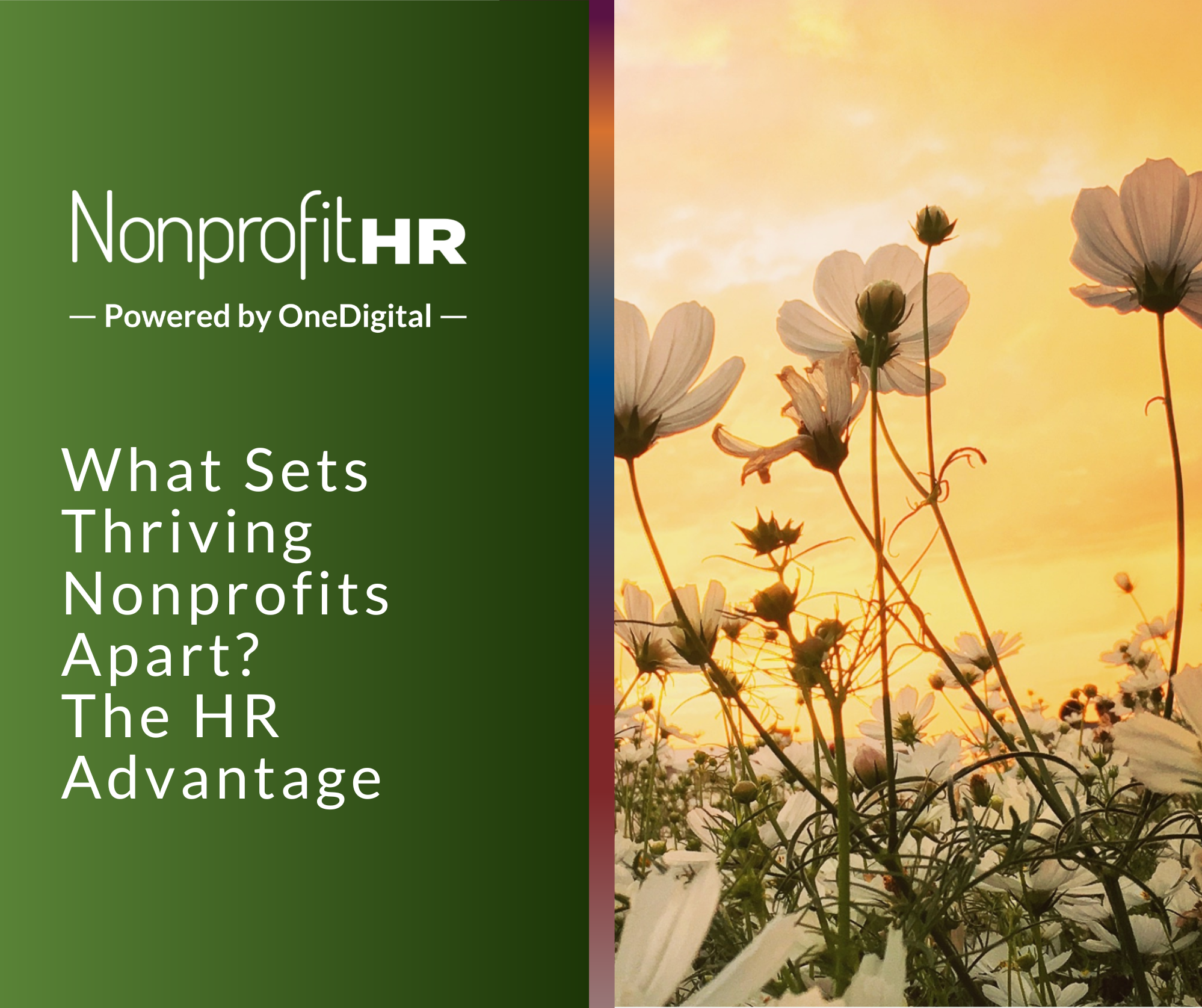WTOP: 5 ways nonprofits can…
By Alicia Schoshinski, Senior HR Consultant
Most managers groan when they are told they must complete performance reviews. Often, reviews are seen as one more thing on the “to do” list and often placed at a low priority versus other tasks viewed as more crucial to the success of the organization. The problem with this view is that the organization cannot succeed without effective, well-performing employees. Performance speaks to how employees are engaged in delivering the results required by the organization. Nonprofits will not achieve their missions if their employees are not performing effectively. The smart leaders are the ones that recognize this very fact and take this responsibility seriously.
Nonprofit organizations establish strategic goals and plans that align with their mission. In order for employees to play a role in helping meet those goals, they need to understand the link between the work they do and the goals of the organization. Employees also need clear direction and a roadmap of priorities and are motivated to do their best if they see the organization demonstrating an interest in them. An effective performance management process helps achieve all of these goals.
Organizations must also realize that performance management is not just a once-a-year task. It is an ongoing cycle, beginning with the development of a position where expectations are outlined. It continues through the orientation process, and includes regular training and development coaching and mentoring, the annual performance and development review, and the compensation review. Not focusing on performance management year-round throughout this cycle can be detrimental to the organization.





























